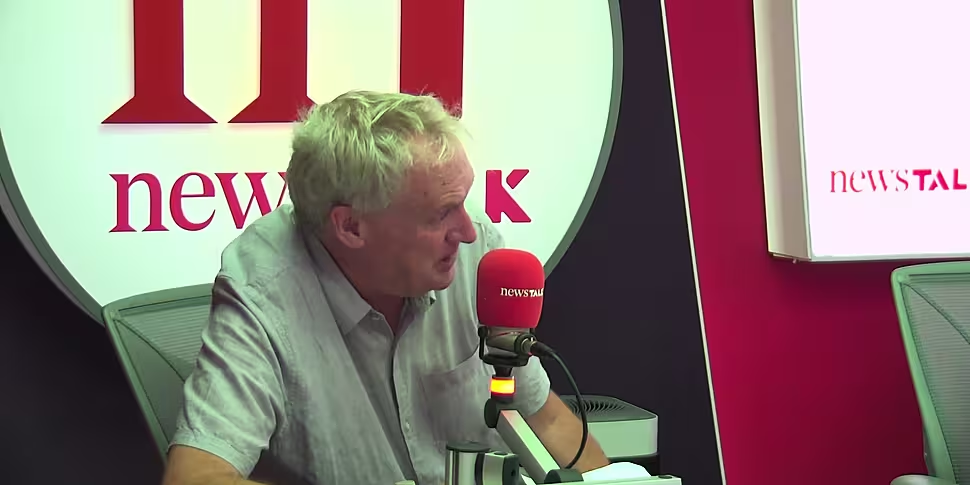With festival season underway, Professor Luke O’Neill decided to break down the psychology of crowds.
He told the Show Me the Science podcast that, as humans are pack animals, being in a crowd is comforting for us.
“One of the biggest thrills you can get as a young person is to go to a music festival and to be in a crowd with your friends and your band, it is massively uplifting,” he said.
“They’ve studied people in that situation, and every hormone that you want that’s positive is rushing through your system.
“The number one hormone that goes up is oxytocin; when we’re in a crowd, your body makes oxytocin.
“It’s the bonding hormone, so clearly evolution built oxytocin to allow us to be together.”
 Woman crowd surfing at music festival. Image: Tony Tallec / Alamy. 2012
Woman crowd surfing at music festival. Image: Tony Tallec / Alamy. 2012According to Prof O’Neill, this could be because we unconsciously feel less vulnerable to an attack when we are surrounded by people.
“What’s also the case though is the more serious side; it can become dangerous,” he said.
“The crowd can get too dense; a bad leader in that situatoin can mislead people into charging foward say, and that can be harmful.”
Bonding
Prof O’Neill also said that if crowds feel they are bonded by a shared purpose, they are less likely to be violent.
“What that means is, if you’re a fan of Black Sabbath, that’s a psychological bonding as a group,” he said.
“If it’s a random crowd, that’s called a physical crowd, that’s more likely to go into overdrive and potentially be harmful.
“Now of course, with a football crowd, that should be more psychological and that can be harmful, so it’s not as simple as that.”
However, Prof O’Neill said that these facts could offer insights into crowd control techniques.
Main image: Luke O’Neill in the Newstalk studio. Image: Newstalk









